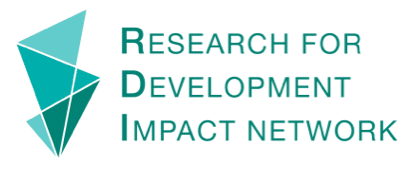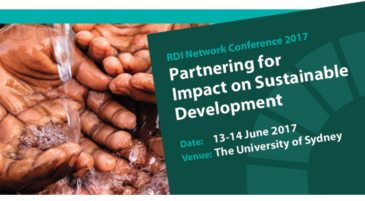Pacific Island Towns and Cities: A resilience agenda for urbanisation and urban growth in Pacific Island Countries
This paper provides an outline of the unique challenges of urbanisation and urban growth in the Pacific. It provides a detailed understanding of why it is important to address Pacific island urbanisation and urban growth, its unique features and a focus on informal settlements; and practical recommendations for relevant stakeholders on how to build urban resilience in Pacific towns and cities.
This paper was produced by the ACFID’s Urban Community of Practice and complements the case study “What Does Neighbourhood Level Urban Resilience Look Like In Honiara”.
What Does Neighbourhood Level Urban Resilience Look Like In Honiara?
Using a case study of two informal settlements in Honiara, Solomon Islands, this research aims to identify and understand what neighbourhood level resilience looks like in order to support local capacity to prepare for and respond to extreme events.
This paper was produced by the ACFID’s Urban Community of Practice and complements the policy paper “Pacific Island Towns and Cities”.
Development in the Urban Era: Six strategies for better managing urbanisation in Asia and the Pacific
This working paper provides insight into the complexity of urbanisation and present key entry points for its better management. The paper argues that an integrated programming or a ‘systems’ approach to urban development assistance in Asia and the Pacific is critical to strengthening prosperity, reducing poverty and building disaster resilience. Each of the six strategies presented highlight practical, tangible activities that contribute to meeting the targets within Sustainable Development Goal (SDG) 11 and other related goals from the United Nation’s 2030 Agenda.
Rethinking the model of international MEL
ACFID MEL CoP’s first online webinar explores a fundamental topic of our times: What must we do differently to overcome MEL challenges in a post-COVID world?
This panel discussion brings together four different perspectives on the challenges we face. Panelists include:
- Patricia Rogers, CEO, Better Evaluation
- Delvin Varghese, Research Fellow, Department of Human-Centred Computing, Monash University
- Veronica Bell, Head of International Technical Services, Australian Red Cross
- Audra Blanchfield, Safe People and Data Initiative, SurveyCTO
The webinar provided an opportunity to delve into the issues and opportunities development practitioners face during the ongoing COVID-19 pandemic in continuing daily M&E work, study or research. The reflections and conversations restore optimism and confidence to try new methods towards understanding a greatly changed global development paradigm.
- Watch Part 1: Perspectives from Patricia Rogers, CEO, Better Evaluation
- Watch Part 2: Perspectives from Delvin Varghese, Research Fellow, Department of Human-Centred Computing, Monash University
- Watch Part 3: Perspectives from Veronica Bell, Head of International Technical Services, Australian Red Cross
- Watch Part 4: Perspectives from Audra Blanchfield, Safe People and Data Initiative, SurveyCTO
Rethinking MEL: A Digital Action Research
Slides from Delvin Varghese on Rethinking MEL: A Digital Action Research
What must we do differently to overcome MEL challenges in a post-COVID world?
Slides from Patricia Rogers on What must we do differently to overcome MEL challenges in a post-COVID world?
Monitoring and evaluation in the COVID-19 era: challenges and opportunities
In April 2020, the ACFID Monitoring, Evaluation and Learning Community of Practice (MELCOP) began to think through the challenge ahead. With programming delays, local lockdown and no more international travel, what was our role now in international development? Hear from three of our MELCOP members on what they thought would happen, and how they prepared for it.
- Watch part 1: Our biggest challenges
- Watch part 2: Tools and approaches
- Watch part 3: Opportunities to learn
Online Survey Apps
A recent article from Zapier.com listed these:
- SurveyPlanet for beginners
- Typeform for visually appealing surveys
- SurveyMonkey for creating surveys on a phone or tablet
- LimeSurvey for self-hosted surveys
- QuickTapSurvey for offline surveys
- YesInsights for one-click surveys
- Survey Anyplace for gamifying surveys
- Surveybot for chatbot surveys in Facebook
- SmartSurvey for collaborating on survey questions
- SurveyGizmo for optimizing your surveys
We would add:
- WhatsApp for long-form discussions for people without access to emails or computers
- Padlet for online workshops or card-sorting activities (smartphone & desktop access)
- MentiMeter for online polls and short-form survey questions (smartphone & desktop access)
We also came across this low-tech feedback tool called, Feedback Frames, that we think could easily be adapted in multiple languages and locally-delivered. Let us know if you’ve tried it!



